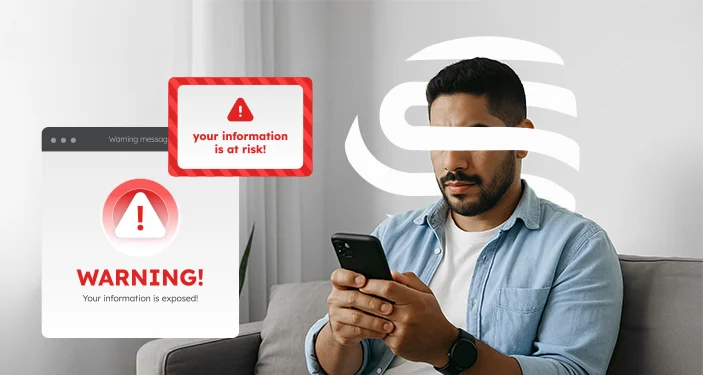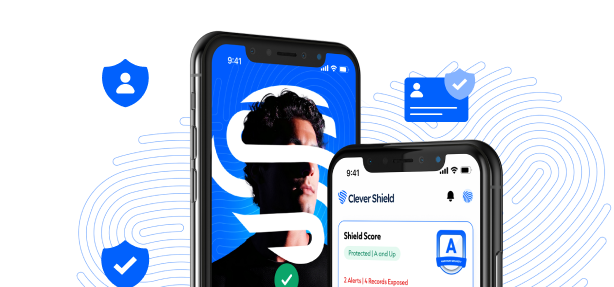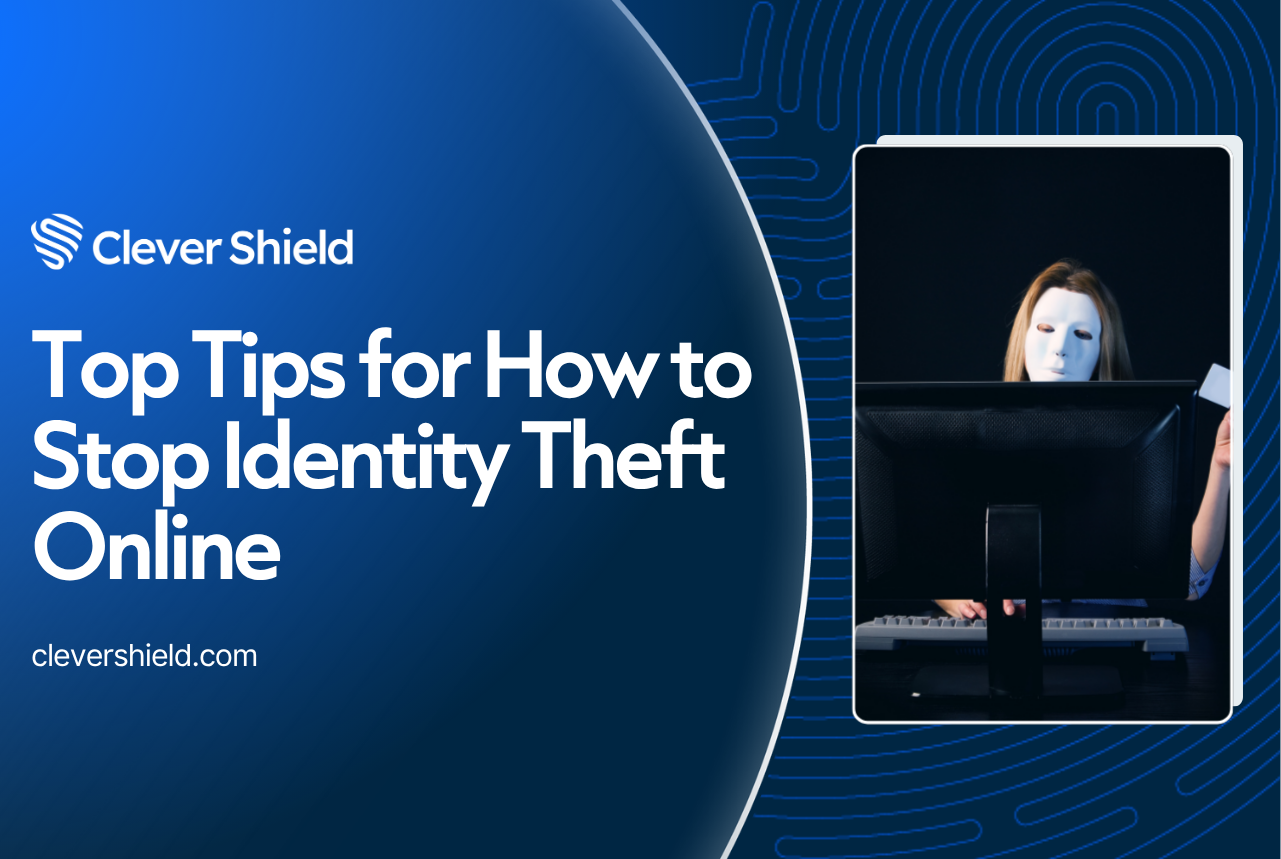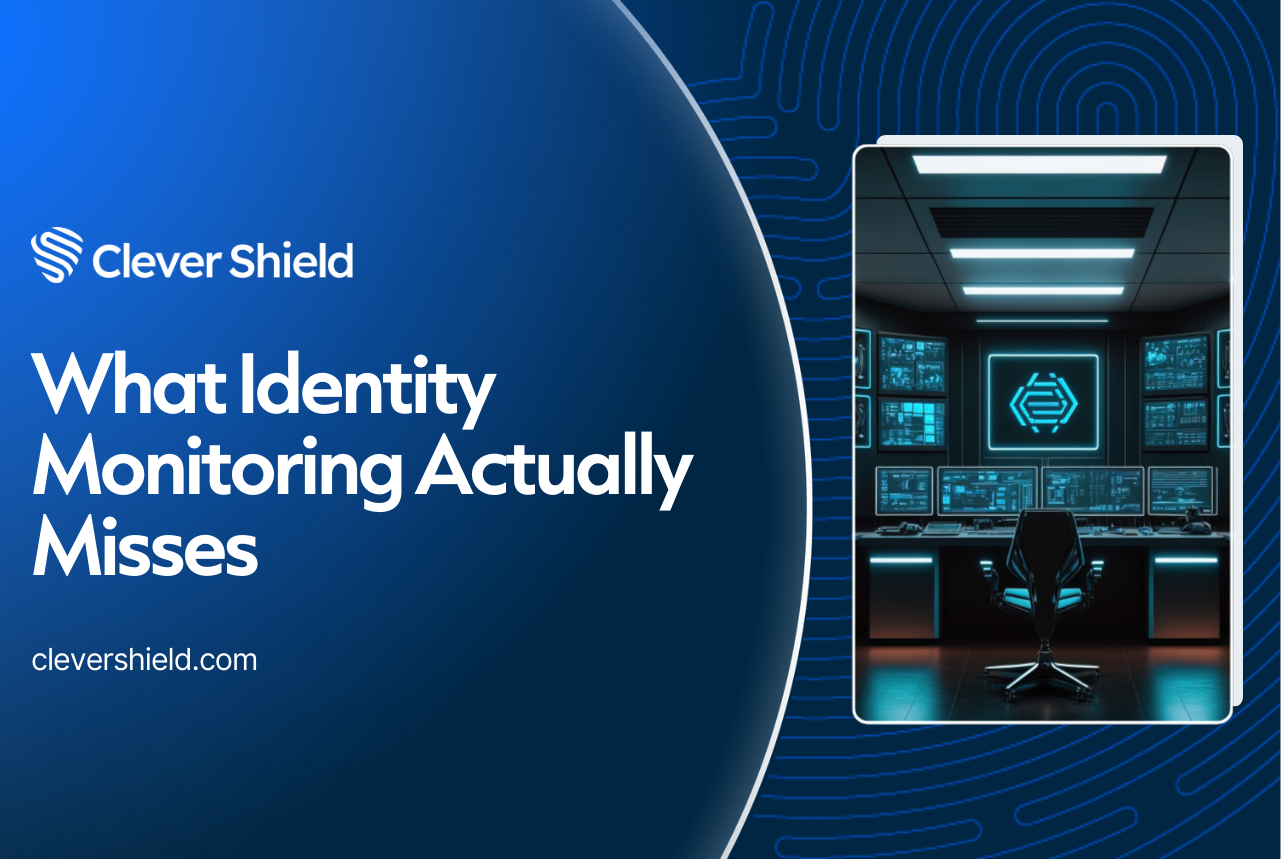Identity theft is one of the fastest-growing crimes in 2025, and the scariest part is that most people don’t realize it has happened until months later. By then, criminals may have opened accounts, drained funds, or even committed crimes under your name. The sooner you recognize the warning signs, the faster you can take action to stop the damage. This guide will show you the clearest red flags, the subtle hints most people miss, and the exact steps to protect yourself and your family.
Why Early Detection Matters
Think of identity theft like a leak in your house. A small drip, if ignored, can turn into structural damage costing thousands of dollars. Similarly, ignoring the early signs of identity theft can snowball into years of financial and emotional pain.
According to the Federal Trade Commission (FTC), more than 1.1 million cases of identity theft were reported in 2023 alone, and experts believe the real number is much higher since many victims never report it. Victims spend an average of 200+ hours trying to fix fraudulent activity, and many suffer lasting credit score damage that makes it harder to rent, buy, or borrow.
Early detection isn’t optional—it’s the only way to avoid paying the hidden costs. Every week you delay acting increases the odds that debts pile up, fraudulent accounts age into collections, and your financial future gets tangled in red tape.
Financial Red Flags You Can’t Ignore
Unfamiliar Charges on Bank or Credit Statements
The most obvious sign is also one of the easiest to overlook. Many people ignore small charges—$2.99 here, $5.49 there—assuming they’re mistakes. In reality, thieves often test stolen cards with microtransactions before making larger purchases.
If you notice even tiny unexplained charges, treat them as red alerts. Experian warns that ignoring “test charges” is how thieves get away with thousands later.
New Accounts You Didn’t Open
Receiving a credit card or loan approval letter for an account you never requested is a glaring sign of fraud. Criminals use stolen Social Security numbers and personal details to open new accounts. These accounts quickly move to collections when unpaid, destroying your credit score in the process.
You can confirm suspicious activity by checking your free credit report at AnnualCreditReport.com.
Debt Collectors Calling About Unknown Debts
If a debt collector calls you about a loan, utility bill, or account you don’t recognize, it’s a major sign that someone is using your identity. Many victims only discover fraud when harassed by collection agencies.
Learn how to handle debt collectors legally from the Consumer Financial Protection Bureau.
Digital Warning Signs
Passwords That Suddenly Don’t Work
If you find yourself locked out of an account and didn’t request a password reset, it may mean a criminal has taken over your account. Account takeovers often start with stolen login credentials found on the dark web.
Security Notifications You Didn’t Trigger
Getting emails or texts about login attempts from unfamiliar locations is a direct warning. Cybercriminals use bots to test stolen usernames and passwords across dozens of websites. Learn more about these tactics at CISA.
Strange Emails or Robocalls Flooding Your Phone
If your inbox suddenly fills with spam or your phone rings nonstop with robocalls, it’s a strong signal that your personal data has been exposed in a breach. Scammers buy leaked email and phone lists in bulk. The FCC offers tips to deal with robocalls effectively.
Official Notifications and Legal Trouble
IRS or Tax Return Rejections
A common form of identity theft involves filing fake tax returns to claim refunds. Victims often discover this only when their legitimate return is rejected because “someone already filed under your Social Security number.”
Get guidance directly from the IRS Identity Theft Central.
Medical Bills for Services You Never Received
Medical identity theft is growing fast. Fraudsters use stolen information to get treatment, prescriptions, or insurance coverage, leaving victims with surprise bills and corrupted medical records. The Federal Trade Commission explains how to spot and resolve it.
Warrants or Legal Notices in Your Name
The most frightening scenario is criminal identity theft. If you receive a legal notice, warrant, or even find out charges exist under your name, it may be because someone used your identity when arrested. Resources are available via the National Association of Consumer Advocates.
Subtle Psychological and Lifestyle Signals
Increased Anxiety and Hypervigilance
Victims often report being constantly on edge, checking statements obsessively and worrying about the next fraudulent activity. If you feel unusually anxious about your accounts, it might be your instincts catching up to real exposure.
Avoidance of Digital Tools
Some people react by avoiding online banking, auto-pay, or shopping. While this feels safer, it usually means fraud has already disrupted your normal behavior.
Family Stress and Disruption
Identity theft doesn’t just affect one person. Families often spend hours helping parents or children resolve fraudulent activity. Kids’ Social Security numbers are especially vulnerable, since they’re rarely checked until adulthood. Read more from the Identity Theft Resource Center.
What To Do If You See the Signs
- Freeze Your Credit: Contact Experian, Equifax, and TransUnion to block new accounts.
- Report to the FTC: File an official report at IdentityTheft.gov.
- Notify Your Banks: Call your bank and credit card companies immediately to flag suspicious activity.
- Change Passwords: Update all credentials, especially for financial accounts, email, and social media. Use a password manager to keep them secure.
- Monitor Ongoing Activity: Check your credit regularly at AnnualCreditReport.com.
How CleverShield Helps You Detect Identity Theft Early
CleverShield combines 24/7 identity monitoring, dark web scans, and real-time alerts so you don’t have to spot every red flag yourself. If your Social Security number, email, or bank info shows up in a breach, you get notified instantly.
And if fraud happens, licensed restoration specialists handle disputes with banks, creditors, and credit bureaus—saving you hundreds of hours and protecting your credit. Plus, $1 million in identity theft insurance ensures you’re not stuck paying out of pocket.
Unlike basic monitoring services, CleverShield doesn’t just alert you — it fixes the problem with professional restoration.
FAQs
Q1: Can small charges really mean identity theft?
Yes. Thieves often test stolen cards with tiny charges before making bigger ones. Always dispute unknown charges, no matter how small.
Q2: How quickly should I act if I suspect fraud?
Immediately. Freezing credit and alerting your bank can stop further damage. Time lost equals money lost.
Q3: What’s the difference between credit monitoring and CleverShield?
Credit monitoring alerts you to problems. CleverShield alerts you and assigns experts to fix the issues with full insurance support.
Q4: Can children really be victims?
Yes. Criminals often use children’s Social Security numbers to build synthetic identities that go unnoticed for years. Parents should consider monitoring minors’ credit files.
Q5: Will CleverShield cover emotional costs?
While no service erases stress, CleverShield’s restoration experts handle the heavy lifting so you can focus on living your life instead of fighting fraud alone.
Q6: Is freezing my credit the same as locking it?
No. A freeze is federally mandated and free through all three bureaus, while a lock is often a paid service offered by bureaus with fewer legal protections. Learn more from Equifax.
Q7: Can identity theft affect job opportunities?
Yes. Some employers check credit history. Fraudulent accounts or unpaid collections could block promotions, hiring, or security clearance.
Q8: How long does it take to recover fully?
On average, six months to a year without help. With CleverShield experts, many cases are resolved in weeks.
Conclusion: Don’t Wait for the Damage
The scariest part of identity theft is that you might not know until it’s too late. The financial damage, emotional toll, and family stress add up quickly. But by learning the warning signs and acting fast, you can limit the harm.
CleverShield makes this process faster, easier, and more complete—with 24/7 monitoring, expert restoration, and $1 million in insurance coverage.
👉 Don’t ignore the red flags. Run a free scan with CleverShield today and know for sure if your identity has been stolen.






